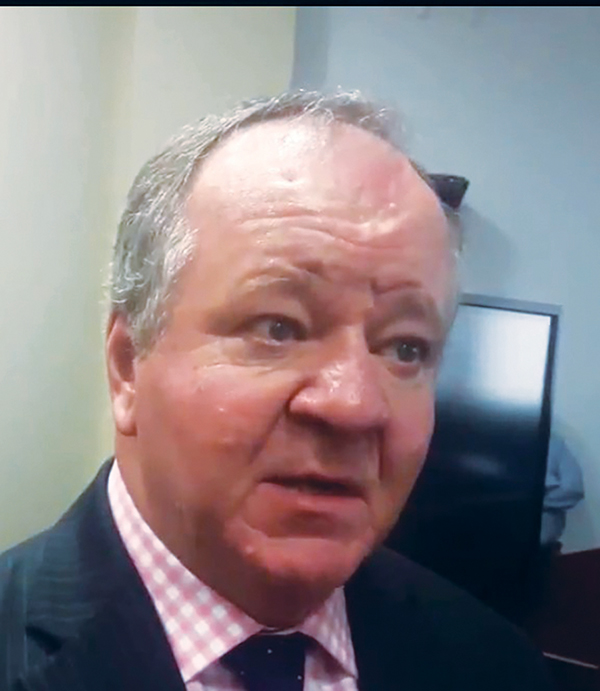
With the advent of Covid-19 vaccines and a hopeful return to the “old normal,” workers and managers are wrestling with the concept of hybrid work schedules. Some feel that complete in-person staffing at the office is a necessity for business continuity, while others feel the health and well-being of employees benefit from remote work. The discussion is ongoing, but another question arises concerning the office real estate portfolio. Do companies really need all that space?
Imagine a hypothetical company employing 1,500 persons. At 200 square feet per employee occupancy factor, the company has 300,000 square feet of office space under lease. With the triple net rate of $25.00 psf, the company controller is satisfied that the real estate expense is within reason based on the employee headcount. But this will change when the same cost is spread over a smaller number of occupants.
The HR manager explains to the controller that the company is adopting a “3-2-2” work schedule: three days in the office, two at home, and the weekend. The approach means that a rotating proportion of the employees are keeping the office somewhat filled during the week. It seems like a great way to maintain employee satisfaction and foster interaction between workers. The employees are separated into two cohorts, A & B. Both cohorts would report to work on Mondays. At 750 employees, cohort A would report on Wednesdays and Thursdays, and cohort B’s 750 employees would report Tuesdays and Fridays.
This is where the math gets alarming. At a full five-day week, the firm’s $7.5 million annual lease cost was $31,250 per day (240 workdays per year), or $20.83 per employee. But on the four days of hybrid occupation with a maximum of 750 employees on site, that ratio rises to $41.67 per employee. Additionally, utilities would be continuous whether the office was fully occupied or not.
The company might decide that a more equitable segmentation of the workforce is needed. The plan they devise creates five cohorts each of 300 employees. The cohorts are arranged in a configuration of three days for each cohort, totaling 900 employees on site daily. Rather than occupy 300,000 square feet of office space, the company could use 60 percent of its original floor area, or 180,000 square feet. Through a release of 120,000 square feet to sublease at the same rate of $25 psf, the company would save $3 million annually in rent, as well as utility costs. Management estimates this form of hybrid occupancy would work for the few years left on the current lease. The controller is once again satisfied with real estate costs at $20.83 per in-person employee.
While this simple case may exemplify how a hybrid arrangement provides opportunities for cost savings, the issue is not so clear in the long term or in case of relocation. Does a corporation that is moving attempt to recruit labor that will be working from home in the new location? Will employees who now work remotely remain with the company even though they’re no longer in proximity to the new office? Will the hybrid work model continue to be efficient for the company? These are other perplexing questions – including candidate pools in new locations — are best left to management consultants working closely with corporate planning and human resources departments. T&ID
 Bruce M. Hoch is Managing Director of DCG Corplan Consulting LLC, a recognized leader in corporate site selection, economic development, market analysis and real estate feasibility. An author and lecturer, Hoch is widely regarded as an expert consultant in the field of strategic development planning. Over the past 25 years of firm leadership, he has provided location and development advisory services in over 400 consulting assignments nationally and abroad. To learn more about DCG Corplan Consulting LLC, visit the website at www.dcgcorplan.com or email Bruce at bmhoch@dcgcorplan.com.
Bruce M. Hoch is Managing Director of DCG Corplan Consulting LLC, a recognized leader in corporate site selection, economic development, market analysis and real estate feasibility. An author and lecturer, Hoch is widely regarded as an expert consultant in the field of strategic development planning. Over the past 25 years of firm leadership, he has provided location and development advisory services in over 400 consulting assignments nationally and abroad. To learn more about DCG Corplan Consulting LLC, visit the website at www.dcgcorplan.com or email Bruce at bmhoch@dcgcorplan.com.
